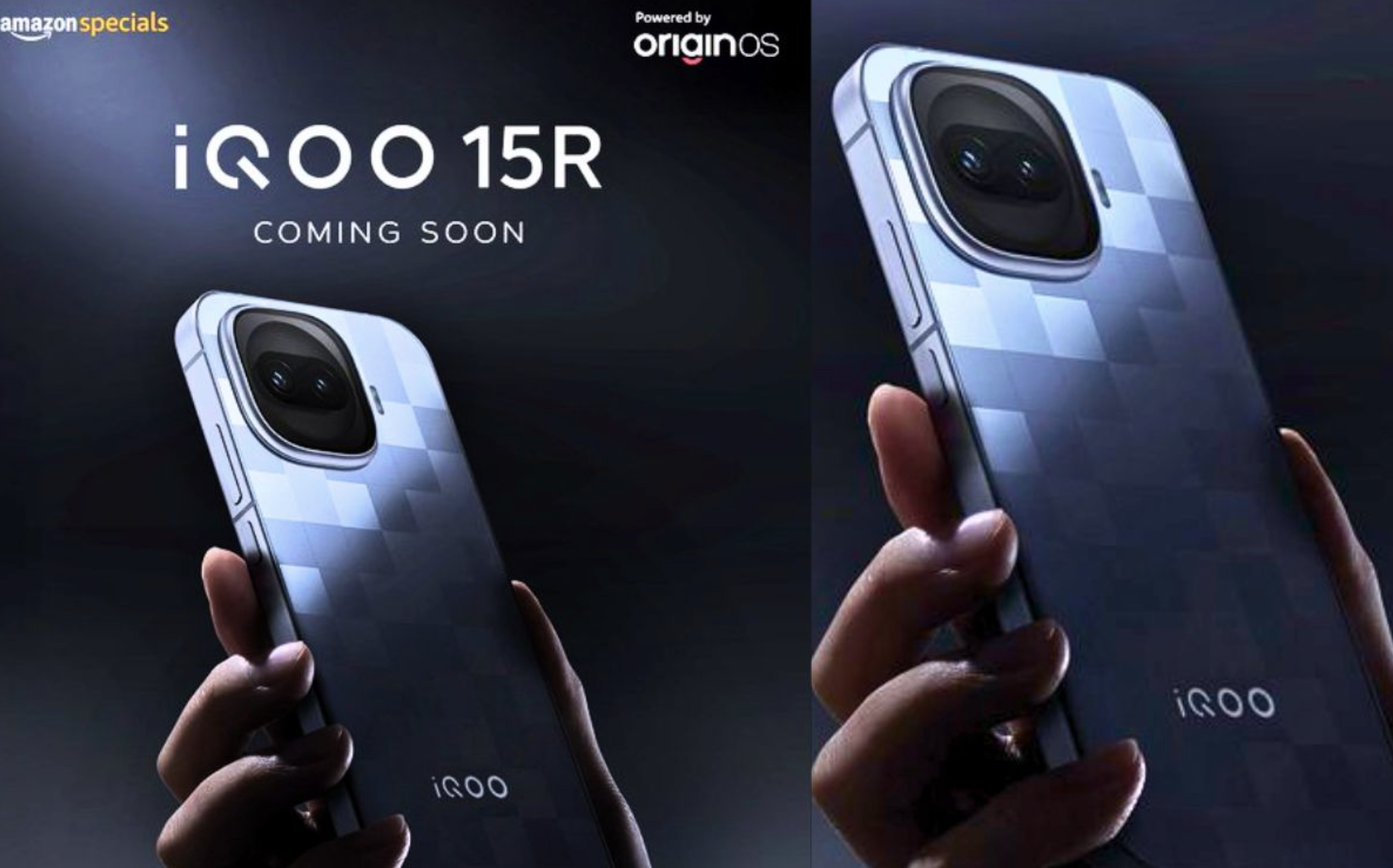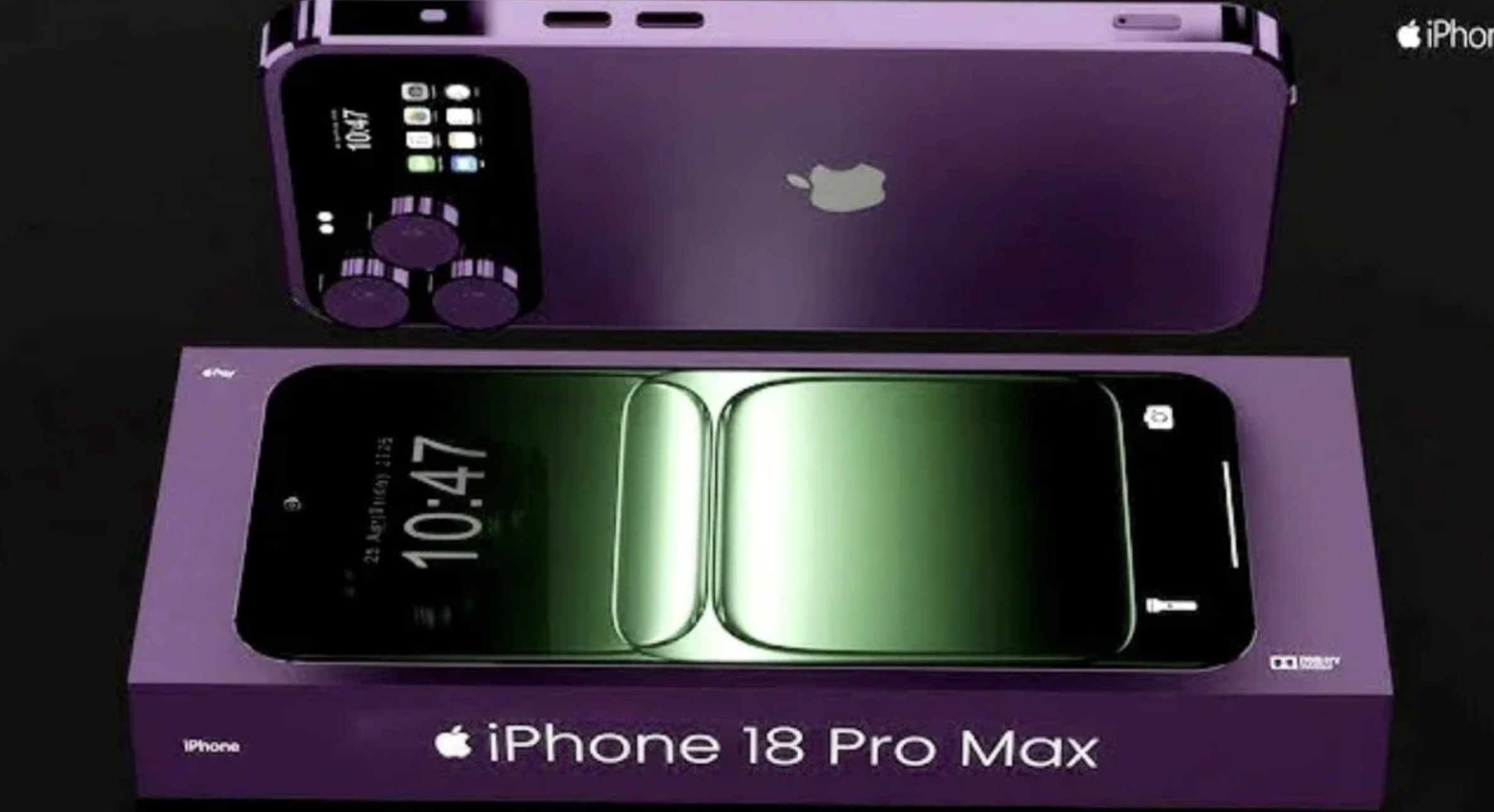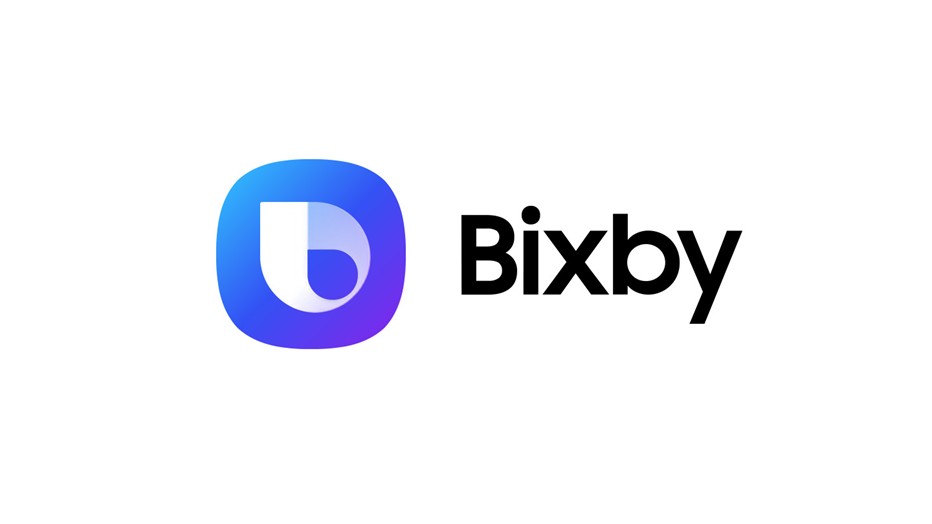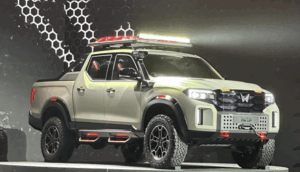In a groundbreaking partnership, Microsoft Copilot, the tech giant’s AI-powered chatbot, has joined forces with GenAI music app Suno to empower users in creating musical compositions. Through this integration, users can input prompts into Copilot, such as “Create a pop song about adventures with your family,” and witness Suno, via a plug-in, transforming their musical concepts into fully-fledged songs. Suno’s capabilities extend to generating complete compositions, encompassing lyrics, instrumentals, and even singing voices, all originating from a single sentence.
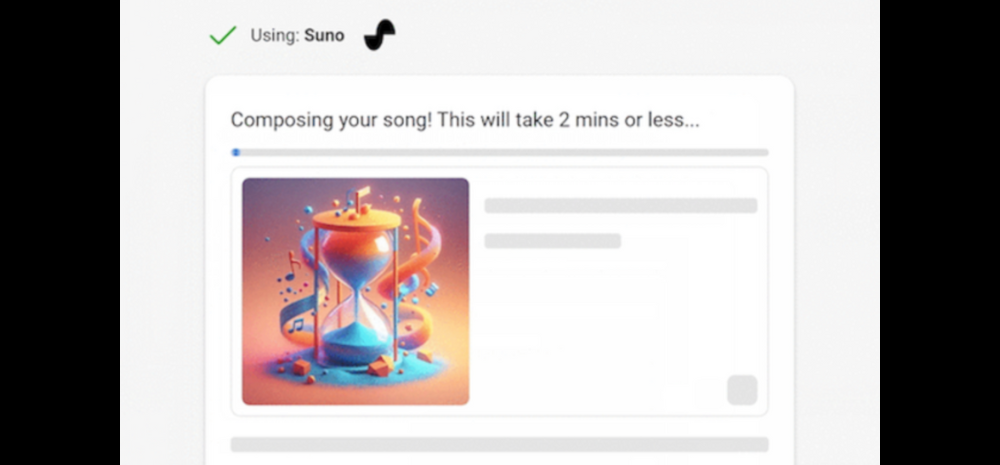
Seamless Access via Microsoft Edge: Enabling Suno Plug-In
To access this innovative collaboration, Copilot users can seamlessly integrate Suno into their creative process by launching Microsoft Edge, visiting Copilot.Microsoft.com, logging in with their Microsoft account, and enabling the Suno plug-in. Alternatively, users can simply click on the Suno logo labeled “Make music with Suno.” The integration is set to roll out gradually to users, commencing today and expanding in the upcoming weeks.
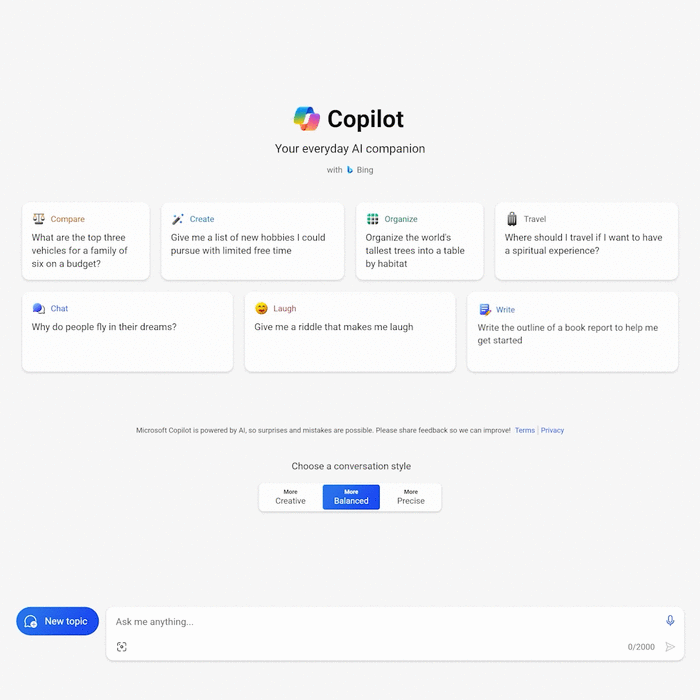
The Landscape of GenAI-Driven Music Creation Tech Expands Amid Ethical Concerns
The collaboration between Microsoft Copilot and Suno reflects a broader‘ trend in the tech industry, where both established companies and startups are increasingly investing in GenAI-driven music creation technologies. Notably, Google AI lab DeepMind and YouTube recently introduced Lyria, a GenAI model for music, along with Dream Track, a limited-access tool for building AI tunes in YouTube Shorts. Meta has showcased its own experiments with AI music generation, while companies like Stability AI and Riffusion have launched platforms for creating songs and effects from prompts.
Ethical and Legal Challenges Surrounding AI-Synthesized Music
However, the burgeoning field of AI-synthesized music is not without its ethical and legal challenges. AI algorithms, including those employed by GenAI music tools, learn from existing music to produce similar effects. This practice raises concerns, especially when artists do not consent to having AI algorithms train on their music without compensation. The Grammys have already taken a stance by banning fully AI-generated songs from consideration for awards.
The legal status of GenAI music remains uncertain, with many companies arguing that fair use exempts them from compensating artists. Suno, for instance, does not disclose the source of its AI training data on its website and allows users to input prompts like “in the style of [artist]” without warnings. As debates unfold in courts, homemade tracks created with GenAI, mimicking familiar sounds, have gained traction. Music labels, citing intellectual property concerns, have flagged such tracks to streaming partners, leading to legal confrontations. However, creators of GenAI tools have found refuge in underground spaces as they navigate the evolving legal landscape.
Potential Legal Resolution on the Horizon
The legal ambiguity surrounding GenAI music may see resolution soon, either through court decisions or legislative intervention. A recently introduced Senate bill aims to provide artists, including musicians, with recourse when their digital likenesses, including musical styles, are used without permission. As the industry grapples with these challenges, the Microsoft Copilot and Suno collaboration exemplifies the dynamic intersection of technology, creativity, and the ongoing dialogue on ethical and legal considerations in AI-driven music composition.

